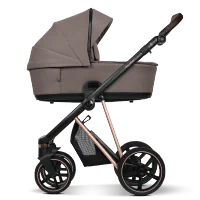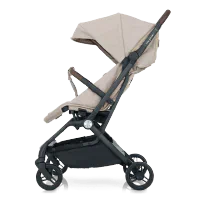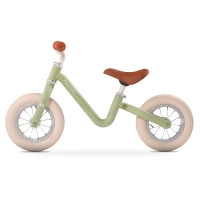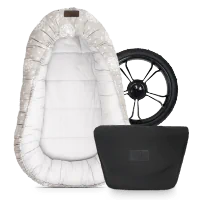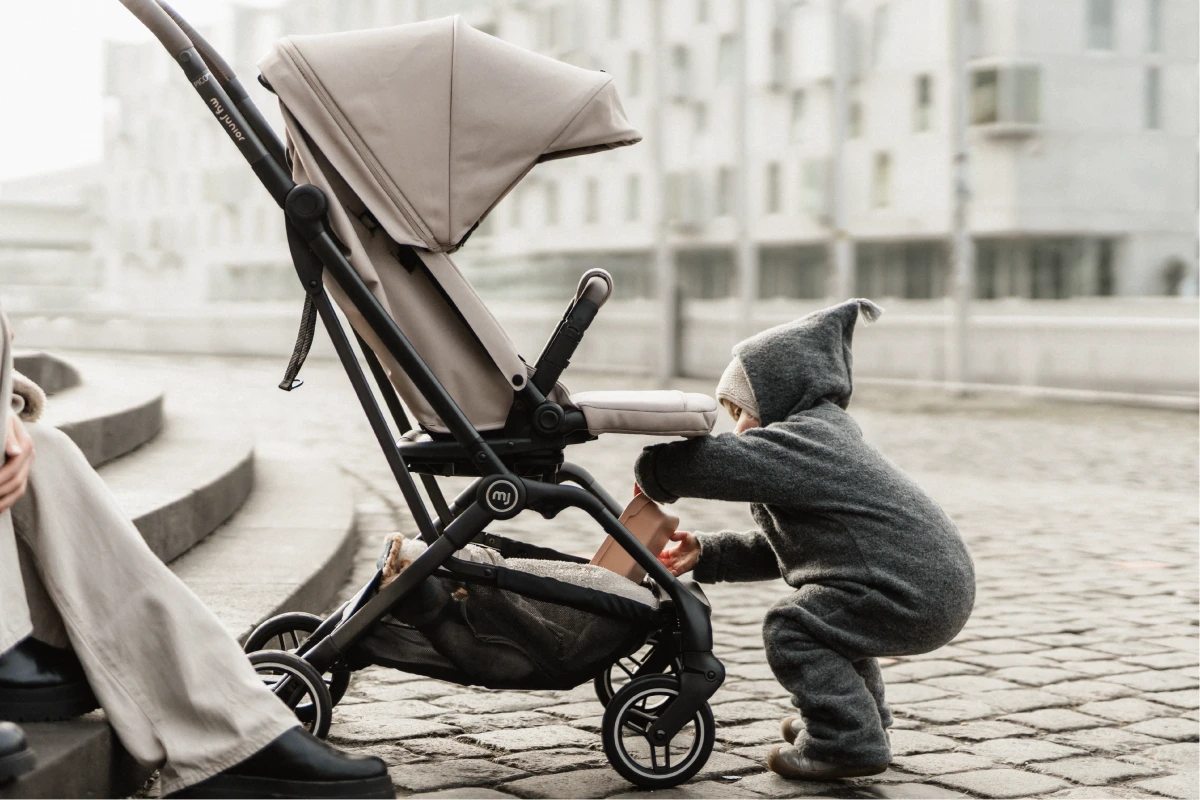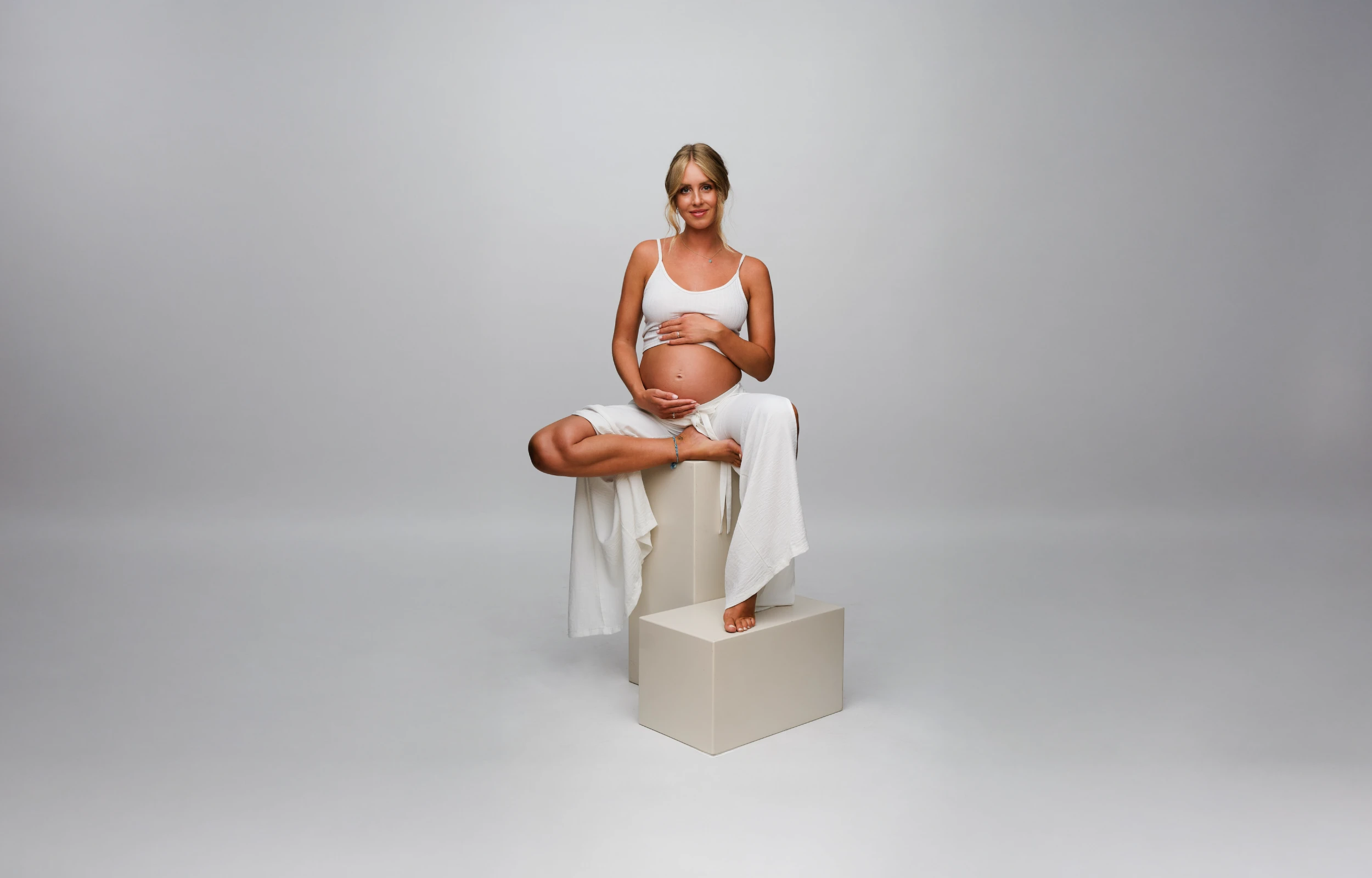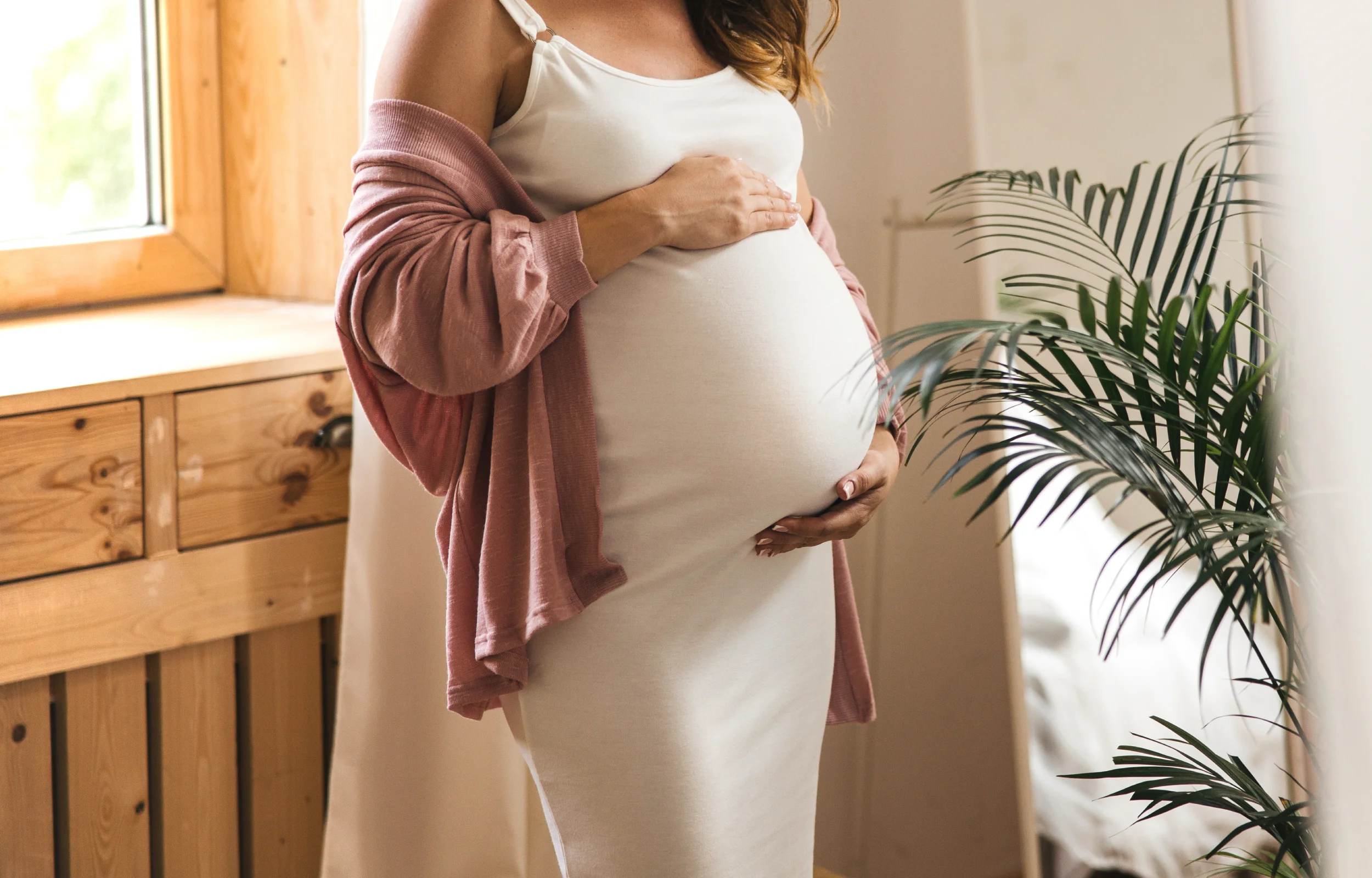
Welcome to Pregnancy Week 29
Welcome to pregnancy week 29 – the countdown is on and the third trimester is in full swing. Your baby is now growing rapidly and gaining weight every day. It is busily preparing itself for life outside your belly, while your body is working hard to provide the best for both of you. You may now feel your little treasure’s movements even more intensely and notice how your body is gearing up for the upcoming birth – even your bra might already be feeling noticeably tighter.
During this exciting phase, you may experience a mixture of anticipation, impatience and perhaps some new physical sensations. Your baby is now about the size of a butternut squash and its personality is slowly beginning to shine through.
Let’s explore together what’s happening with your baby and your body this week, and which tips can help you feel completely at ease in week 29.
Your Baby in Week 29:
- Your baby now measures around 38–39 cm and weighs 1200–1300 grams.
- The skin is becoming smoother due to more fat tissue – this is important for energy and warmth.
- The lungs continue to mature and are preparing for breathing after birth.
- The brain is growing rapidly, and the senses are becoming increasingly refined.
- Your baby is reacting more strongly to sounds and light and is moving energetically.
Your Body in Week 29:
- Your uterus now reaches a hand’s breadth above your navel, presses on organs and can cause shortness of breath and more frequent urges to urinate.
- More frequent practice contractions (Braxton-Hicks) are gently preparing your uterus for birth.
- Back pain often increases now, as your centre of gravity shifts and your joints become more relaxed.
- Fluid retention in your legs and feet may become more pronounced.
Baby’s Development in Week 29 of Pregnancy
In the 29th week of pregnancy, your baby measures around 38 to 39 cm (crown-to-heel length) and weighs a proud 1200 to 1300 grams – about the same as a cantaloupe melon. It now looks more and more like a full-term newborn: the skin has become smoother as more and more fat tissue forms beneath it. This fat will later serve as an energy reserve and help regulate body temperature.
The organs are now largely mature, but are still fine-tuning their functions. The lungs, in particular, are making great progress: the air sacs, known as alveoli, are continuing to develop and are producing increasing amounts of surfactant, a substance that ensures the air sacs don’t stick together after birth. Your baby is still diligently practising breathing movements, even though oxygen supply is still provided entirely via the placenta.
Your baby’s brain is also growing and developing new connections at a rapid pace. The surface of the brain is becoming increasingly folded, indicating rising complexity. The senses are becoming ever sharper: your baby can now respond even better to external stimuli, such as your voice, music or bright light that filters through your belly.
The eyes are now often open and your little one is becoming more and more aware of its surroundings. It can already distinguish well between light and dark. In the weeks to come, your baby will continue to amaze you with its powerful movements, ranging from gentle flutters to pronounced kicks.
Your body at 29 weeks pregnant
With the 29th week of pregnancy, the end of your pregnancy is drawing ever closer and your body continues to adapt to your baby's growing needs. Your uterus now reaches about a hand’s width above your navel and is taking up more and more space in your abdomen. This can lead to some new or intensified physical sensations.
Typical at this stage are increased practice contractions (Braxton Hicks contractions), which prepare your uterus for birth. These often feel like a slight pulling sensation or your stomach becoming hard, and are generally harmless. Back pain, especially in the lower back, may also increase as your centre of gravity shifts and your joints loosen.
Many pregnant women also report a feeling of shortness of breath, as the uterus presses on the diaphragm. More frequent urination is also normal, as the bladder has less space. Water retention in the hands, feet and legs can also become more pronounced. Make sure to wear comfortable footwear and elevate your legs as often as possible. An increased need for iron and magnesium can also become noticeable – it’s best to discuss this with your gynaecologist or midwife.
Constipation and stomach problems are a daily occurrence for many pregnant women. Exercise, plenty of fluids, and a fibre-rich diet can help with this.
Between the 29th and 32nd week of pregnancy, the third scheduled ultrasound examination takes place. Here, special attention is given to the position, size and estimated weight of your little one. The amount of amniotic fluid and the position of the placenta are also checked.
Tips for the 29th week of pregnancy
- Strengthening the pelvic floor: Targeted pelvic floor training is now more important than ever. It supports your body during childbirth and helps prevent problems later on. Ask your midwife about suitable exercises.
- Pay attention to your diet: Your baby now needs plenty of nutrients. Make sure to eat a diet rich in iron and magnesium to prevent tiredness and calf cramps. Small, regular meals help keep your blood sugar levels stable.
- Ergonomics in everyday life: As your bump grows, your posture changes. Pay attention to maintaining good posture when standing, sitting, and lifting. A nursing pillow can help you find a more comfortable sleeping position at night—ideally on your left side, to improve circulation.
- Intensify birth preparation: Now is an excellent time to look more closely into antenatal classes, visit the hospital, or draw up a birth plan.
- Take small breaks: Treat yourself consciously to breaks and moments of relaxation. Your body is currently performing incredible feats. A warm bath (not too hot), gentle walks or a massage work wonders.
- Packing your hospital bag: Even though there is still some time, you can slowly start packing your hospital bag. This way, you avoid any last-minute stress and have everything important to hand. The checklist in our my junior® guide can be very helpful here.
The most frequently asked questions about the 29th week of pregnancy
What is the average weight gain of the mother up to the 29th week of pregnancy?
The average weight gain for the mother by the 29th week of pregnancy is usually between 7 and 11 kg, but this can vary greatly from person to person. Your doctor or midwife will check your data regularly and inform you whether your weight gain is within the normal range. What’s important is that the weight gain supports the healthy growth of your baby.
What does it mean if my baby is particularly active or changes position in the 29th week of pregnancy?
The fact that your baby is particularly active in the 29th week of pregnancy is a good sign and shows that its muscles and functions are well developed. It still has enough space to change its position and do somersaults. You may feel little kicks with its elbows or arms against your abdominal wall – these create the first moments of closeness.
What is colostrum and when can it occur?
Colostrum is the first pre-milk that your breasts produce during pregnancy. It is extremely rich in nutrients and antibodies and is the ideal first food for your baby. It is completely normal if you notice colostrum leaking from your breasts as early as the 29th week of pregnancy or in the final weeks before birth. This is a sign that your body is preparing for breastfeeding.
Should I be worried if my baby bump feels tight or itchy?
A feeling of tightness or itching on your baby bump is completely normal in week 29 of pregnancy and is usually due to the rapid stretching of your skin. Make sure to keep your bump moisturised regularly throughout your pregnancy. If the discomfort is very severe or you are unsure, speak to your doctor or midwife.
How can my partner support me during this 29th week of pregnancy?
Your partner can support you in many ways during this week of pregnancy: by offering emotional closeness, listening to you, and addressing fears

 Pushchair
Pushchair 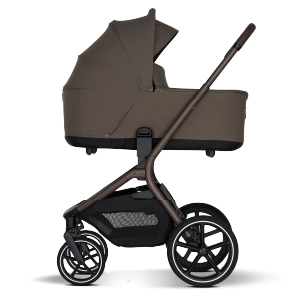 MAVI
MAVI 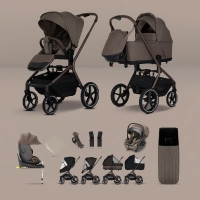 MAVI Bundle
MAVI Bundle 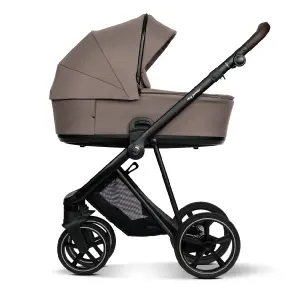 VIGO²
VIGO²  VITA unique³
VITA unique³ 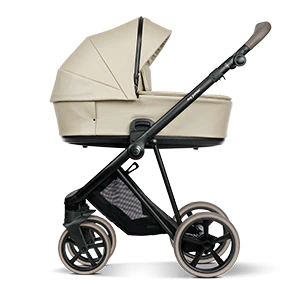 VIGO² Alcantara
VIGO² Alcantara 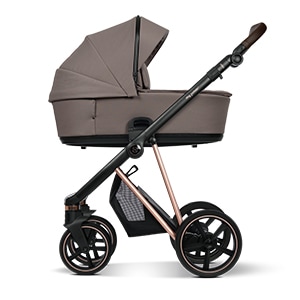 VIGO
VIGO 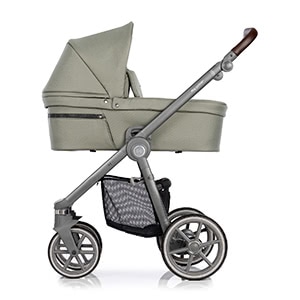 VITA HOPE
VITA HOPE 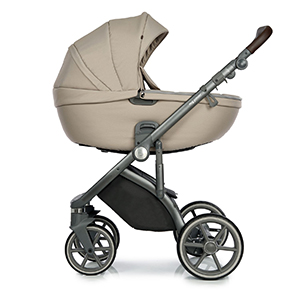 VITA unique²
VITA unique² 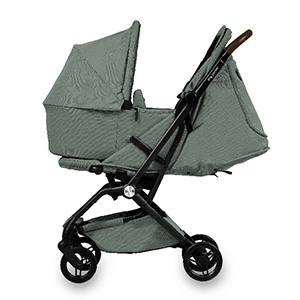 PICO³ with tub
PICO³ with tub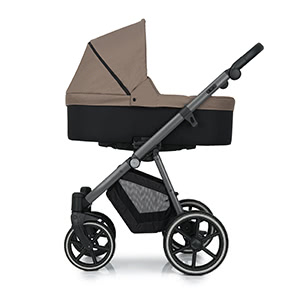 NOAX²
NOAX² 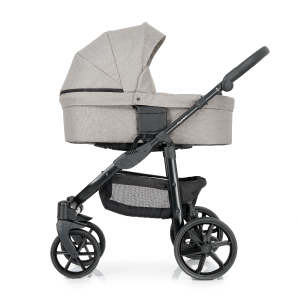 MIYO²
MIYO²  Pram tests
Pram tests  Consultation
Consultation  Buggies
Buggies 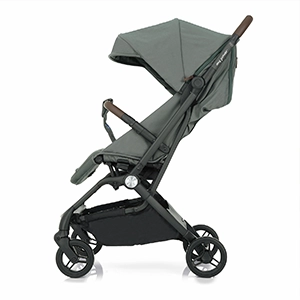 PICO³
PICO³ 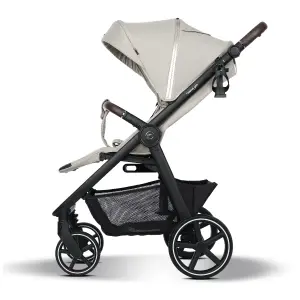 PLIA²
PLIA²  PLIA² Air
PLIA² Air 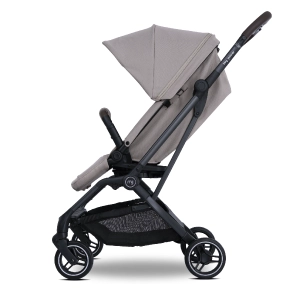 PICO³⁶⁰
PICO³⁶⁰ 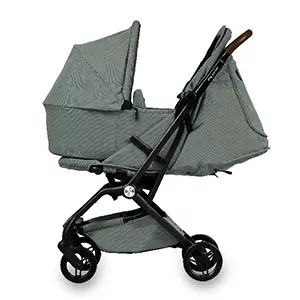 PICO³ with tub
PICO³ with tub 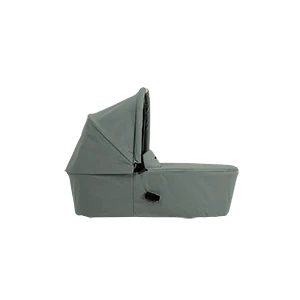 PICO tub
PICO tub 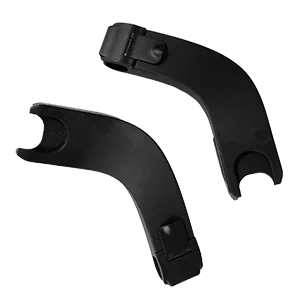 PICO infant car seat adapter
PICO infant car seat adapter  Limited Editions
Limited Editions 

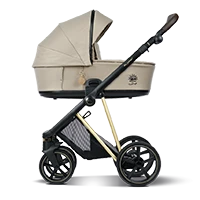
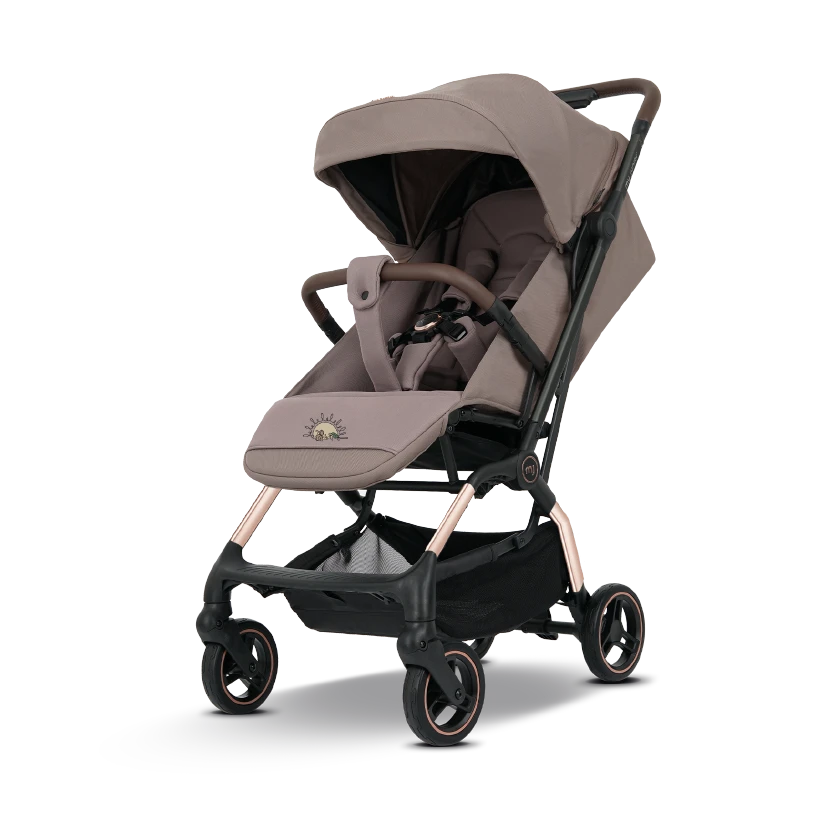


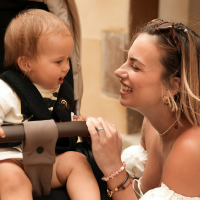
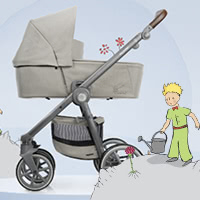
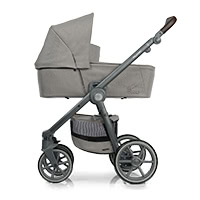
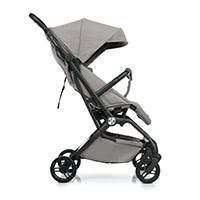
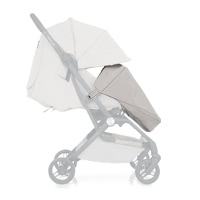

 Limited Edition Parasol
Limited Edition Parasol 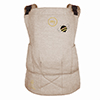 Limited Edition Baby Carrier
Limited Edition Baby Carrier  Child seats
Child seats  All Isofix Bases
All Isofix Bases  AURAᵉʳᵍᵒ
AURAᵉʳᵍᵒ  Aura Pro
Aura Pro  Beam
Beam 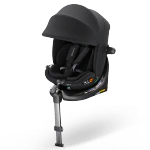 Cyro 360
Cyro 360 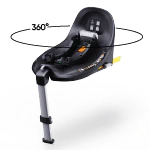 Base 360
Base 360 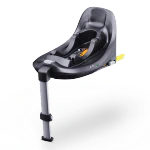 Base Static
Base Static 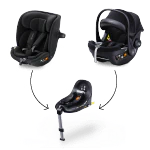 Capsule System
Bundle
Capsule System
Bundle  Beam Bundle
Beam Bundle 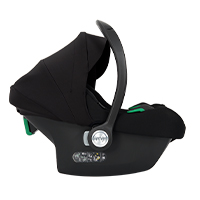 Avionaut Cosmo
Avionaut Cosmo 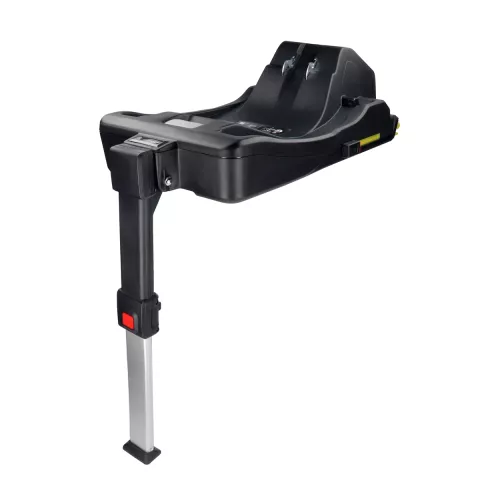
 Love Sale
Love Sale
 Reviews
Reviews  Read reviews
Read reviews  Write a review
Write a review 
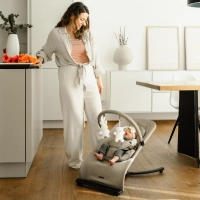 Home
Home  Fabric sample
Fabric sample  Baby carriers
Baby carriers  LUVA
LUVA  NAMI
NAMI  NAMI with ring
NAMI with ring  Accessories
Accessories  Vouchers
Vouchers  Discover my junior®
Discover my junior®  About us
About us  In your vicinity
In your vicinity  All my junior
All my junior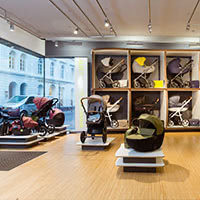 Flagship Store
Aachen
Flagship Store
Aachen  Flagship Store
Hamburg
Flagship Store
Hamburg 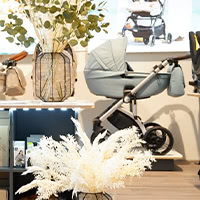 Flagship Store
Salzburg
Flagship Store
Salzburg  Flagship Store Binzen
Flagship Store Binzen
 Flagship Store
Krefeld
Flagship Store
Krefeld  Studio Cologne
Studio Cologne  Studio Trier
Studio Trier  Studio Braunschweig
Studio Braunschweig
 Studio Metzingen
Studio Metzingen
 my junior® pram in
Switzerland
my junior® pram in
Switzerland  Help and Contact
Help and Contact  Useful
Useful  Career
Career  Press
Press 


